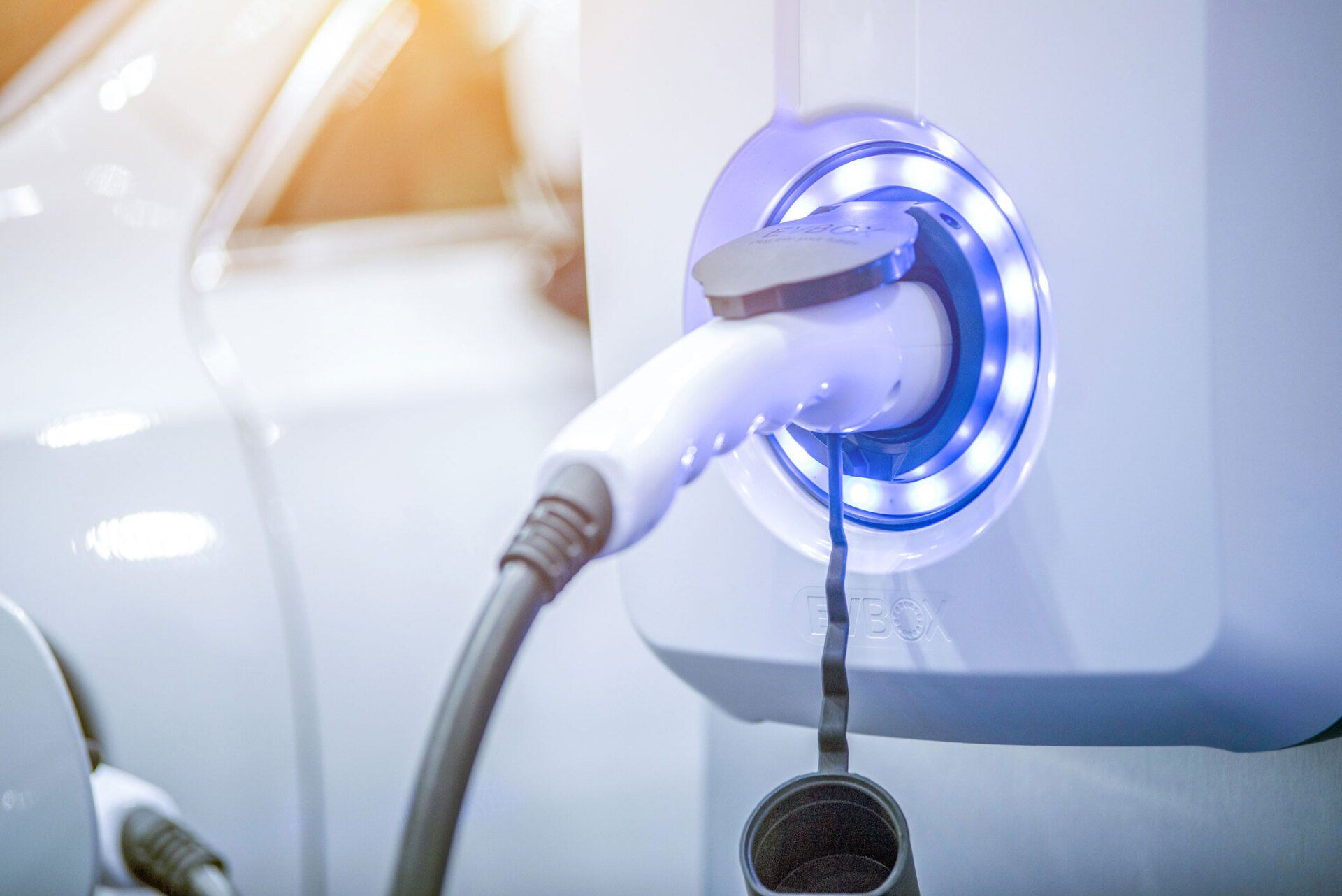Is Your Home Ready To Charge Your New Electric Car?
Are you planning to invest in an electric car? Even though there are public charging stations, you'll also need to fuel your car at home. But this doesn't mean you can plug the vehicle into any outlet in your home. Before you buy an electric car, take a look at what you need to know about the necessary electrical home upgrades.
Why Doesn't Your Home Have the Right Electrical Receptacle?
Your home has outlets for the TV, computer, washing machine, and hairdryer. But it doesn't have one to use with your electric car. Why wouldn't a modern home have an electric car charger receptacle? The answer to this question has to do with three factors: the age of your home, existing upgrades, and outlet placement.
Even though the concept of an electric car is more than 100 years old, the modern hybrid electric vehicle didn't make its debut until the 21st century. If your home predates the current century, it's likely it isn't electric vehicle (or EV) compatible.
While your home may have had several electrical upgrades over the years, it's not likely the previous owners set up an EV outlet. This means your older house or older upgraded houses won't have outlets that support an EV charger in convenient spaces.
Some homes (especially newer properties) may have outlets that can handle this type of charge. But this doesn't necessarily mean the electrical receptacles are in the right location. Unless a dedicated receptacle is in or near the garage or borders your driveway, you can't use the outlets to charge your car. An outlet with the right voltage for an EV that's located in the basement or your second floor is useless for charging your new car.
What Type of Outlet Do You Need?
The garage or exterior driveway space already has an outlet. Can you use it for your car? Before you attempt to plug an EV charger into the outlet, contact a professional. An electrician will need to evaluate the outlet and make sure the electrical box can handle the added load necessary to charge your car.
A dedicated 240-volt outlet charging station is ideal for most current EVs. Some EVs can charge using a 120-volt circuit. But you should always consult a professional to learn more about which option is the right one for your home, your car, and your charging needs. The more volts, the less time it will take you to charge your car. A 120-volt line may seem practical, or you may already have one in your garage. But this option could take hours longer to charge your car than a 240-volt line would.
Is It Possible To Add Any Type of Outlet to the Garage or Other Charging Space?
While a professional can add the 240-volt line to your home, they will need to make sure your electrical service setup can handle the added circuit. Even though the electrician can add the extra receptacle for your EV, they may also need to make other wiring changes to support the new line.
Should You Try To Add the Outlet Yourself?
Again, consult with a qualified electrician. You've read dozens of tutorials and watched videos online. Even though it may seem like an easy job, the addition of an extra 240-volt line is not something you should do on your own. Failure to properly install the line could overload your home's system and pose a serious safety risk.
Do you need a professional to help you get your garage or driveway ready for a new electric vehicle? Contact
Express Electrical Services for more information.

